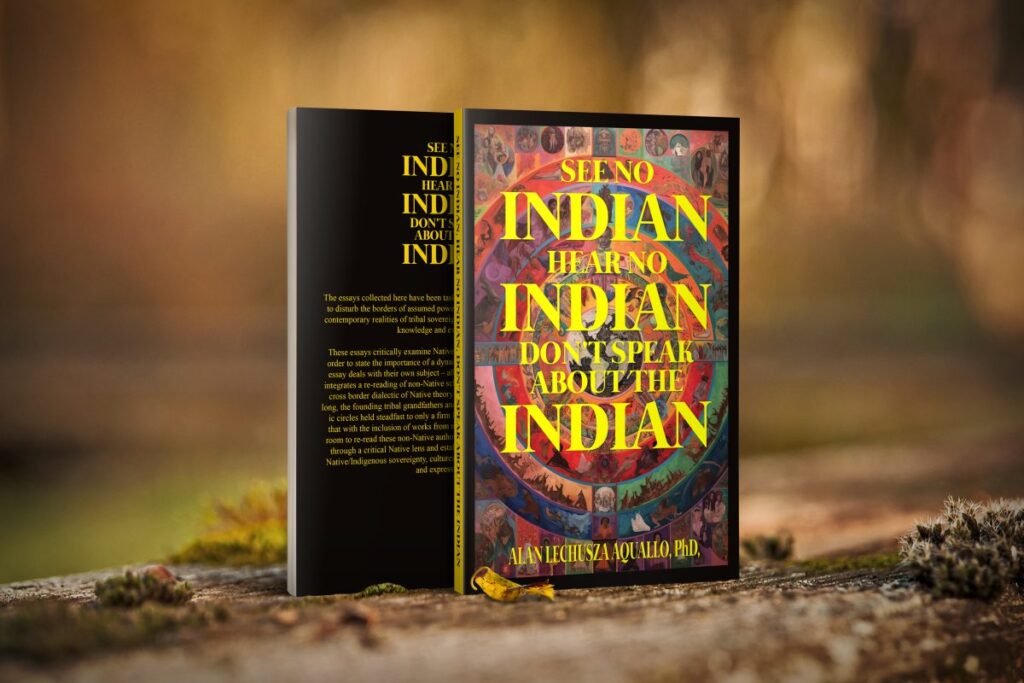7 popular ethnography books
Ethnography is a fascinating field that delves deep into the study of cultures and societies, offering rich insights and perspectives that are often overlooked. If you’re looking to expand your understanding of this field, here are seven popular ethnography books that you must read. These books are not just informative but also engaging, making them perfect for both seasoned anthropologists and curious beginners.
One of the most popular ethnography books in recent times, “See no Indian, Hear no Indian, Don’t Speak about the Indian: Writing Beyond the i/Indian Divide” is a collection of essays that address the socio-political imperative to challenge existing power structures. The author examines the historical and contemporary aspects of tribal sovereignty, cultures, customs, traditions, knowledge, and expressions. This book is crucial for understanding the complexities and ongoing struggles related to tribal sovereignty and cultural identity.
One of the most popular ethnography books, “The Spirit Catches You and You Fall Down” explores the clash between Western medicine and Hmong culture. Anne Fadiman narrates the story of a little Hmong child diagnosed with epilepsy and her family’s attempt to reconcile their traditional beliefs with the American healthcare system. This book takes a sobering look at cultural misunderstandings and the significance of cultural awareness in medical practice.
Philippe Bourgois’ “In Search of Respect” is another popular ethnography book that offers a raw and unfiltered look into the lives of drug dealers in East Harlem. Bourgois’s immersion research reveals the socioeconomic variables that motivate people to engage in illicit activities, as well as the complex social networks that support them. This book is an engaging read for anybody interested in urban anthropology and the repercussions of poverty and marginalization.
“Death Without Weeping” is a harrowing yet essential popular ethnography book that examines the lives of impoverished women in Brazil. Nancy Scheper-Hughes examines how extreme poverty and systematic violence influence maternal love and child mortality. This book asks readers to confront difficult truths about inequity and human suffering.
No list of popular ethnography books would be complete without mentioning “Coming of Age in Samoa” by Margaret Mead. This seminal work provides a breakthrough examination of adolescence in Samoan society, questioning Western ideas about human growth and behaviour. Mead’s research emphasizes the impact of culture on personality and social norms, making it a seminal work in anthropology.
Another significant contribution by Philippe Bourgois, co-authored with Jeff Schonberg, is “Righteous Dopefiend.” This popular ethnography book follows the lives of homeless heroin users in San Francisco. The authors use images and words to paint a striking and empathic picture of addiction, homelessness, and the larger systemic forces that create these experiences.
“Veiled Sentiments” is an insightful and popular ethnography books by Lila Abu-Lughod that delves into the complex world of Bedouin society in Egypt. Abu-Lughod’s ethnographic work investigates topics of honor, gender, and the function of poetry in expressing personal and social values. This book provides a detailed view of how cultural practices and emotions intersect in Bedouin life.
Conclusion
These popular ethnography books offer a diverse range of perspectives and insights into different cultures and societies. Whether you are an anthropological student, a professional in the subject, or a curious reader, these books will help you gain a better knowledge of the human experience. Exploring these works can help you appreciate the depth and richness of cultural practices around the world. Each of these popular ethnography books is an excellent resource for anyone wishing to extend their views and connect with the world in a more meaningful way.
Visit the Blood Sweat Pray Store





